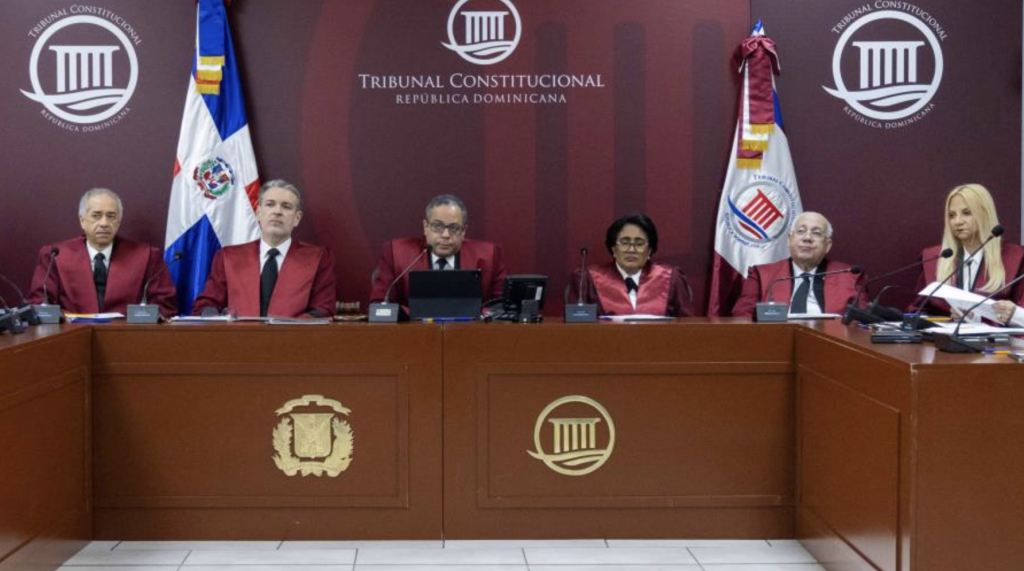
The Constitutional Court (TC) has paved the way for independent candidates to run for public office without the need to meet the traditional requirements set by political parties, as mandated by the Electoral Regime Law 20-23, as reported in Diario Libre. This ruling, which could significantly alter the political landscape ahead of the upcoming elections, declared unconstitutional Articles 152 and 157 of the law. These provisions previously required independent candidates to present their candidacies through political organizations “constituted in accordance with the Law of Political Parties, Groups, and Movements.”
The decision comes as a major shift in electoral regulations, allowing individuals to run for office without having to align with an established political party. To run for President, for instance, candidates were previously required to form a political organization with a structure similar to that of established political parties.
In a public session held on 18 November 2024, nine of the TC’s judges voted in favor of removing these requirements, while two dissented, arguing that the Constitutional Court overstepped its constitutional role and encroached on the legislative branch’s duties. The ruling highlighted a disconnect between the title and content of the contested articles, stating that the law had unfairly conditioned independent candidacies on the creation of a political organization.
“The mechanism set forth for independent candidacies requires the creation of accidental political groups, structured similarly to traditional political parties. This distorts the very nature of independent candidacies and limits accessibility for those wishing to pursue this path,” the ruling explained.
In an interview with Diario Libre, Freddy Ángel Castro, former deputy member of the Central Electoral Board (JCE), supported the TC’s reasoning, arguing that the Electoral Law had created significant barriers to independent candidacies. He noted that the Court’s decision would likely lead to the participation of political figures not affiliated with traditional parties, presenting a challenge to those organizations.
However, Castro does not believe that this change will automatically lead to the rise of charismatic “outsider” candidates—individuals who run outside the established political system.
“There’s always a risk, but it’s not just about outsiders. It’s about the poor management of political parties. Political processes are linked to context. A minority candidate can rise to prominence and become a majority candidate depending on the political situation,” he assessed.
Castro added that the ruling imposes a significant challenge on political parties, urging them to reform and meet the demands of the electorate. The TC also reaffirmed that the Constitution does not reserve the exclusive right to present candidates solely for political parties.
The ruling also recommended new wording for Articles 152 and 157 to better define the requirements for presenting an independent candidacy. These new requirements include a formal declaration of intent to run, evidence of a minimum level of public support, a systematic program outlining the candidate’s proposed actions, and any other requirements stipulated by law for the position in question.
Two TC judges dissented from the majority ruling saying the decision could have future implications. Judge Army Ferreira argued that the Court had exceeded its constitutional powers by incorporating elements that should fall under the legislative domain, particularly regarding the creation of civic and social organizations that could support independent candidacies.
Similarly, Judge José Alejandro Vargas Guerrero criticized the decision, stating that the TC had acted as a “proactive legislator,” creating two new legal norms via constitutional review, which he claimed would reverse the country’s legal system.
Read more in Spanish:
Diario Libre
17 December 2024

